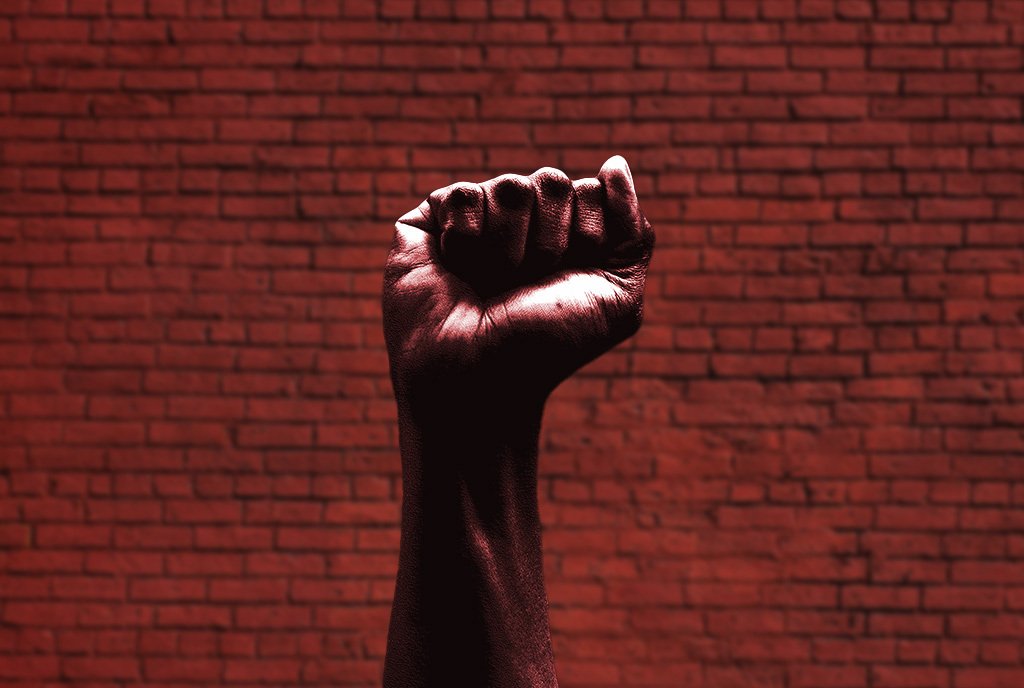January 28, 2017; Michigan Daily
All across the country, universities have been declaring their support of their students from abroad, and particularly from the seven countries on which Trump last week declared a temporary ban. This past Saturday, University of Michigan president Mark Schlissel released a statement on the U-M website in response to President Donald Trump’s executive order to ban immigrants from seven countries for 90 days. Schlissel said that despite the order, “the university will not release the immigration status information of its students.” He stated that although the university complies with federal requirements regarding its international programs, it “does not share sensitive information like immigration status.” In addition, it is not within the scope of campus police duties to ask questions regarding immigration and citizenship.
The leadership of the university is committed to protecting the rights and opportunities currently available to all members of our academic community, and to do whatever is possible within the law to continue to identify, recruit, support and retain academic talent, at all levels, from around the world… Additionally, we are working to understand the implications on our community of the “extreme vetting” executive order blocking immigration from certain countries.
The Michigan Daily referenced the university’s enrollment summary report. Out of a total of 44,718 students enrolled in 2016, 21,623 came from outside the state, and “as of the Fall 2016 semester, 6,764 students at the university were classified as non-resident alien.” International students who fall under the non-resident alien category typically attend U.S. universities via F-1 or J-1 immigration visas.
Sign up for our free newsletters
Subscribe to NPQ's newsletters to have our top stories delivered directly to your inbox.
By signing up, you agree to our privacy policy and terms of use, and to receive messages from NPQ and our partners.
Opposition towards Trump’s immigration plan has spread across the campus. More than 1,400 of the university’s staff and students signed a petition last Saturday afternoon “urging Schlissel to ensure protection from deportation to any students under the cover of the Deferred Action for Childhood Arrivals [DACA] Program.” As CNN Money explains, DACA is an executive action put in place by Barack Obama to protect the roughly 750,000 young people brought to the U.S. as children of illegal immigrants. (Back in December, Trump said he would support DACA.)
In his statement, Schlissel notes that in collaboration with the American Association of Universities (AAU) and the Association of Public and Land-grant Universities (APLU), “U-M is among 600 colleges and universities who have signed a letter” supporting DACA. The university is also supporting an act called the Bar Removal of Individuals who Dream and Grow our Economy (BRIDGE) Act. The BRIDGE act is a bipartisan legislation that was reintroduced this month “to provide temporary relief from deportation and work authorization to undocumented youth.” These youths can stay in the U.S. for an additional three years without the threat of deportation.
According to U-M’s office of public affairs, “We will continue to work with higher education institutions and colleagues across the country to support our students and affected community members.” Meanwhile, Fortune reports that Harvard University president Drew Faust has issued a similar statement. The Harvard Crimson reports that at least two Harvard affiliates have been blocked from U.S. entry due to the ban. CBS News reports that the president of the University of Notre Dame, Father John I. Jenkins, has slammed the executive order as “sweeping, indiscriminate and abrupt.” The responses from hundreds of universities include advisories that discourage students and other affiliates from the seven countries affected by the 90-day executive ban from traveling overseas.—Noreen Ohlrich













